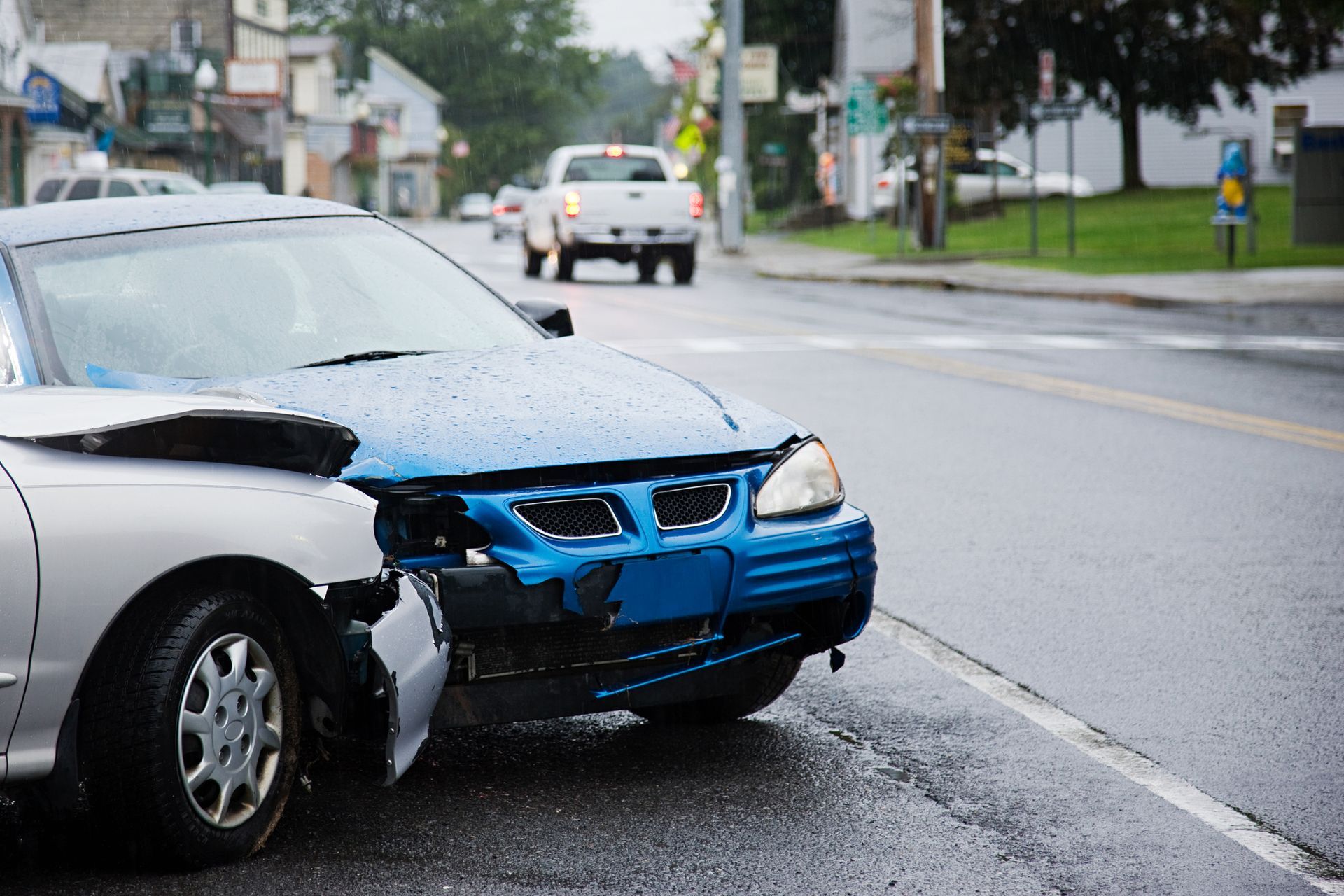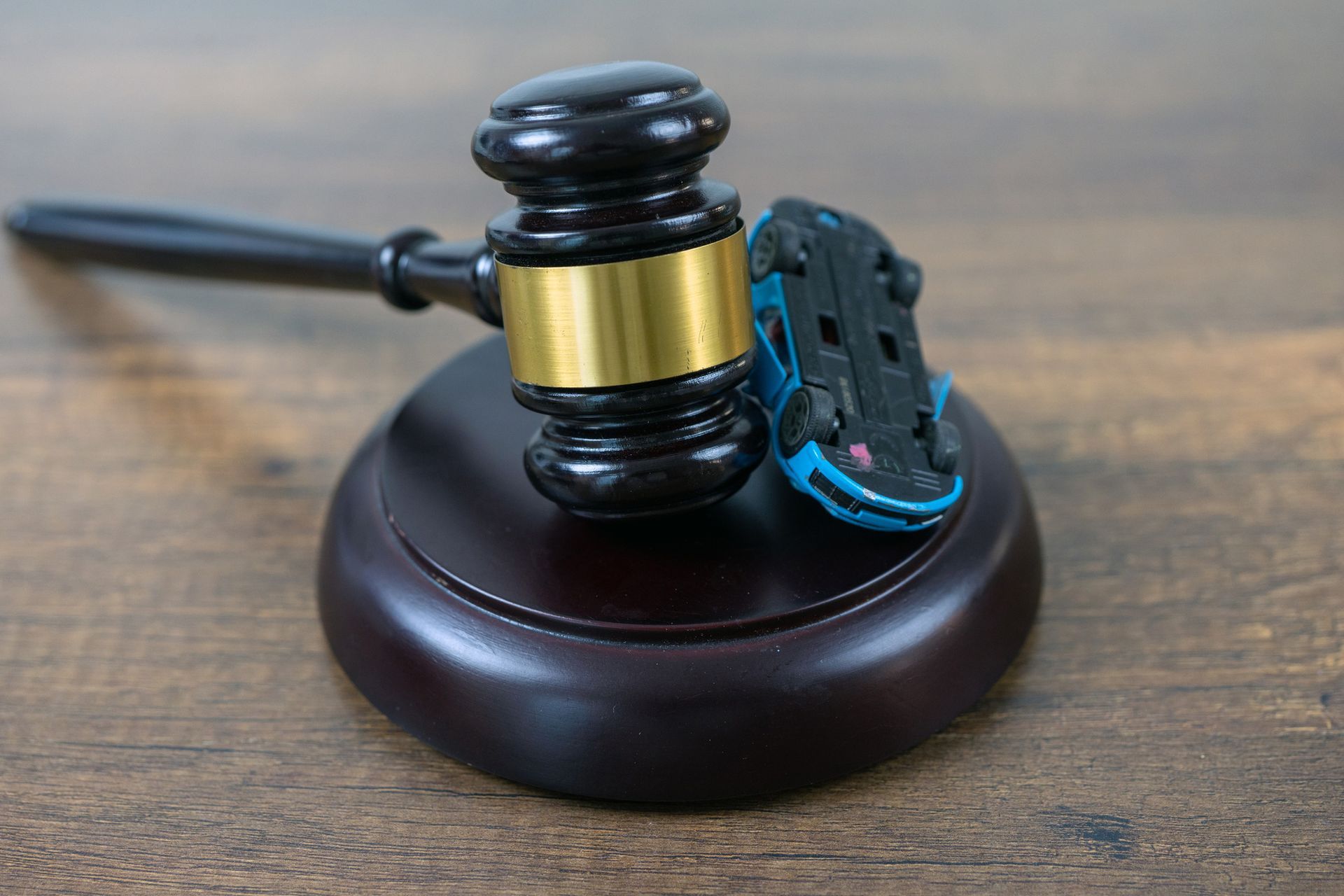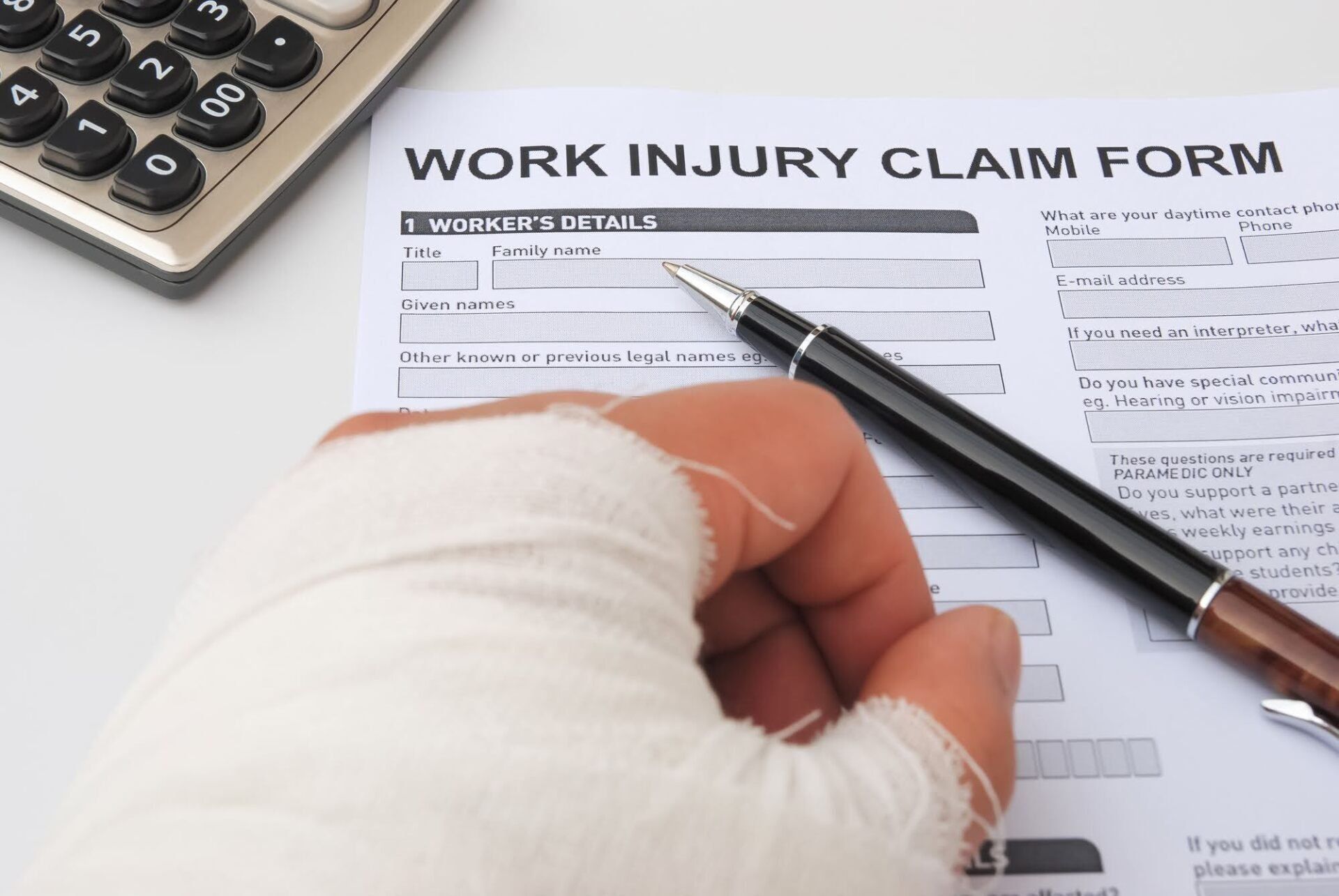Can You Contest a Life Insurance Claim Denial?

Life insurance is an important tool for many Americans who need to protect and care for loved ones after their passing. But while a life insurance contract seems like a guaranty of payment for beneficiaries, the insurance company still has the ability to deny the claim.
What may cause the insurance carrier to deny your claim? What can you do about it? And who can help you get the payout your family deserves? Discover what every beneficiary should know.
Why Are Life Insurance Claims Denied?
Most life insurance claims are paid out in a timely manner without too much stress on the part of survivors. However, a few basic categories of circumstances exist that may result in denial.
The first — and the most straightforward — is when the policy owner didn't pay the premiums. Beneficiaries may find documentation of a life insurance policy but not be familiar with their loved one's finances and whether or not they were paying on time.
A second reason for some denials is that the policy owner misrepresented something of significant impact on their application. For instance, the carrier might claim that the person hid a preexisting condition, failed to disclose a drunk driving conviction, or lied about immigration status. The claim would be that the misrepresentation made it impossible for the carrier to accurately judge their risk.
Every insurance policy lays out details about what deaths are covered and which are excluded. The carrier will generally consult these specifics to determine if the death was due to a covered cause. Some policies, such as accidental death policies, take a very limited view on what is a covered cause of death.
For most policies, the list of exclusions is more detailed and specific. Some common exclusions, though, include suicide, death during the commission of a crime, or death while doing some extreme sport like skydiving. Each policy varies, though, so not even the policy owner may have fully understood these exclusions.
Can You Reverse a Denial?
If the insurance company notified you that they denied a claim, what can you do about it? The good news is that beneficiaries (including the estate) can generally appeal or contest the denial if they have legitimate grounds. This process usually begins by appealing directly to the insurance company, but it may end up requiring further legal action if necessary.
What are legitimate grounds for contesting? In some way, you should be able to show that an error occurred in the denial. If your relative really did pay their premiums and you can show canceled checks, the carrier made an error. If the insurer claims that the death happened due to suicide but the official cause of death was inconclusive, you might argue that this doesn't qualify for the exclusion.
Do You Need Help Fighting a Denial?
Technically, beneficiaries can usually contest a denial on their own. And this may be appropriate in some limited situations. For instance, if the insurer denied based on the owner's failure to pay premiums, beneficiaries might present the company with proof of payment from bank records. The matter may be relatively simple to resolve.
However, most insurance claim denials are more complex than this. The insurance carrier may state that the policyholder materially misrepresented a preexisting condition such as heart problems. However, if your loved one wasn't aware of their own heart issues, they may not have misrepresented their health. In this case, proving that they didn't hide a condition or act intentionally may be very difficult.
Similarly, arguing legal or medical details involved in some deaths can be challenging. A tree trimmer who had a heart attack that was not covered by an accidental death policy might have actually been killed by the fall from the tree (a covered death). But most beneficiaries don't have the training and skill to successfully build and present their case in such unique cases.
Where Should You Start?
If you receive a denial of claim notice, don't write off the policy as a lost cause without further investigation. Many denial notices don't offer details about the reason for the denial, so you may need to do further research to determine the specific cause. Armed with this knowledge, can you build a case for an error or incorrect judgment by the insurer? Because most people have little legal experience, they may not know the answer.
As soon as you receive a denial, your best resource is an experienced insurance claim attorney in your state. The Law Offices of David A. Helfand, P.A. , can help. For nearly three decades, our legal team has assisted Florida residents with all their insurance claim needs. No matter what you've done or not yet done in response to the denial, call today to learn more about how to contest your denial and improve your chances of success.
CONTACT US
We will get back to you as soon as possible
Please try again later
CONTACT US
We will get back to you as soon as possible
Please try again later
Notable Cases Handled by
The Law Offices Of David. A Helfand, P.A.
Medical Malpractice - necessary surgery done in negligent manner resulting in lacerated intestine. $800,000.00 – settlement against Surgeon and Hospital.
Medical Malpractice - Misdiagnosed cardiac condition due to negligent study and reporting of diagnostic cardiac test resulting in death of 50-year-old woman - $3,000,000.00 settlement against Hospital and Cardiac radiologist
Medical Malpractice – Administration of medication and failure to recognize side effects causing brain injury – $2.3 million settlement against Hospital and Attending Physician.
Truck Accident – Truck made illegal U-turn at night without proper safety equipment to warn motorists resulting in collision, causing brain injury to oncoming motorist - $2,350,000.00
Uninsured Motorist Claim / Auto Accident – underinsured vehicle rear ended plaintiff, back and shoulder injuries, requiring surgery - $558,000.00 settlement against uninsured motorist insurance company.
Supermarket Slip and Fall – Plaintiff slipped on dropped fruit on floor, causing plaintiff to slip and fall resulting in shoulder and back surgery - $450,000.00
Supermarket Slip and Fall on Water – captured on store security system- knee injury -$125,000.00 settlement against supermarket
Near Drowning – At Hotel pool that failed to have property safety lines in pool and no lifeguard - $340,000.00 settlement with hotel
Workers Compensation Case
– Worker fell off roof while working, sustaining catastrophic back injuries – all employers denied compensability - $2,000,000.00 Global Settlement
Workers’ Compensation Case - Dock Worker injured at work when delivery truck was not properly braked to the dock. Workers compensation settlement and settlement against truck company - confidential settlements
Negligence – Negligent supervision at school resulting in injured eye to student due to lack of supervision, Confidential settlement.
Premise Liability – household guest burned by fire when homeowner spilled hot oil on guest while cooking- $300,000.00 settlement with Homeowner’s Insurance Company.
Slip and Fall – on wet floor in restaurant bathroom resulting in fractured ankle- $325,000.00 Jury Verdict.
Office Hours:
- Mon - Fri
- -
- Sat - Sun
- Closed










